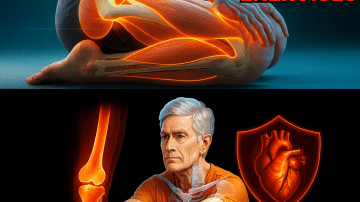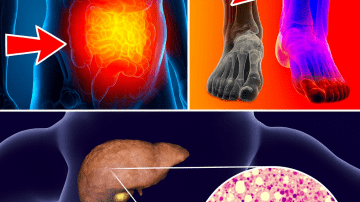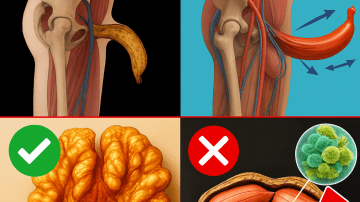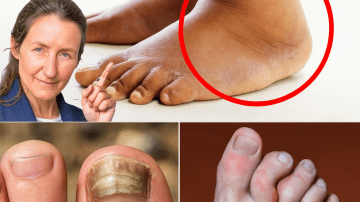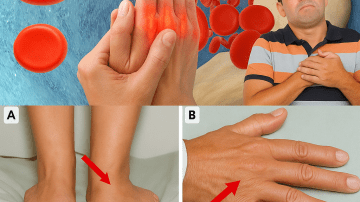What if your body is quietly trying to tell you something critical, but you’re missing the clues? Your kidneys, those tireless filters working behind the scenes, might be struggling without you even noticing. One in seven adults lives with chronic kidney disease, often unaware until the damage is severe. Imagine catching the subtle signs early—before they escalate into dialysis or worse. A few simple changes could protect your health, boost your energy, and keep your body thriving for years to come.
Your kidneys are unsung heroes, filtering toxins, balancing fluids, and supporting everything from blood pressure to energy levels. But when they falter, the warning signs can be so subtle they’re easy to dismiss. This guide unveils seven early symptoms of kidney disease, backed by science and real-life stories, to help you take charge of your health. Designed to captivate and empower, we’ll explore why these signs matter, what causes kidney trouble, and how to act now to safeguard your future. Let’s dive in and learn how to listen to your body’s whispers before they become shouts.
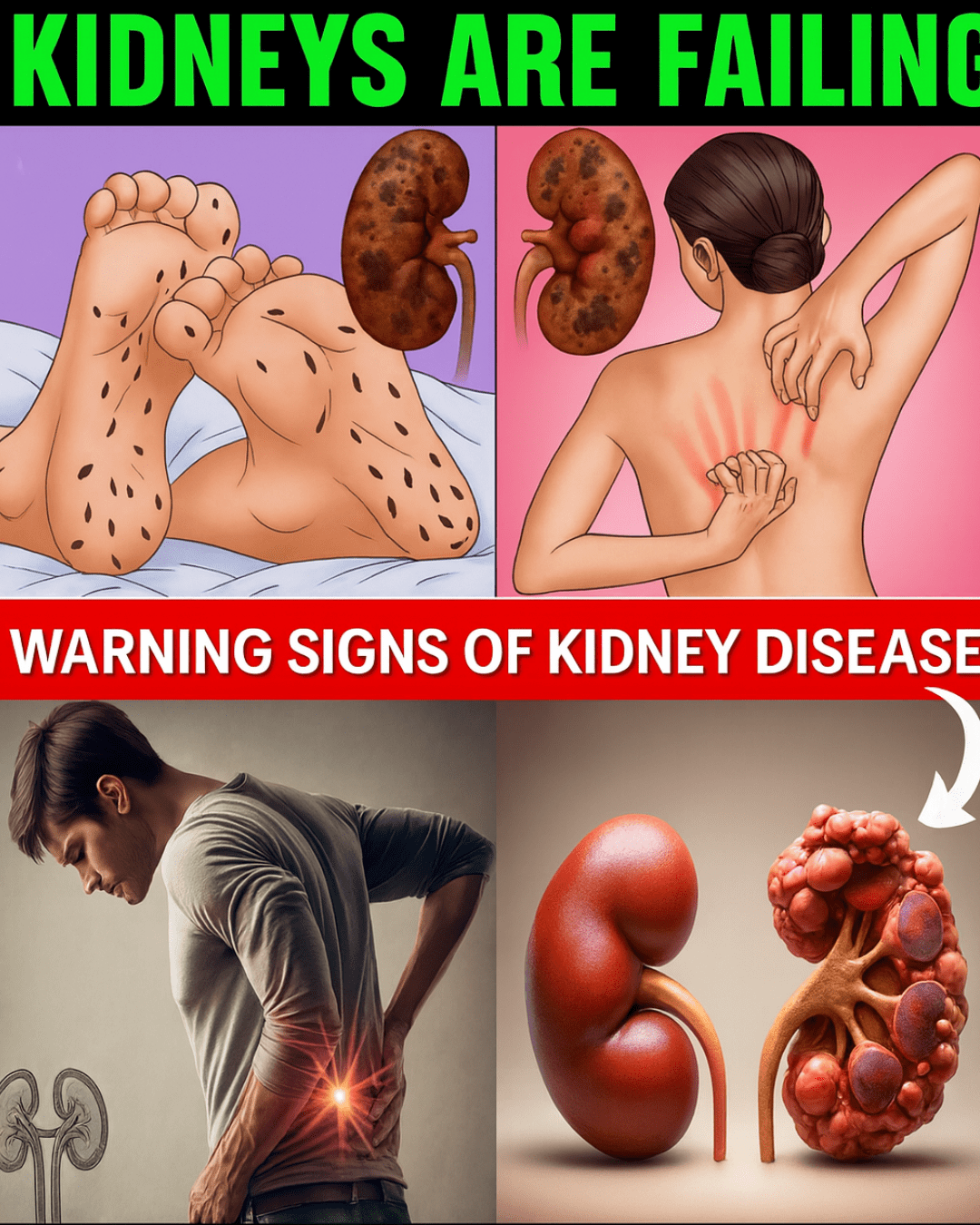
Why Your Kidneys Deserve Your Attention
Your kidneys are powerhouses, filtering around 50 gallons of blood daily to remove waste, balance fluids, and regulate vital functions like blood pressure and red blood cell production. When kidney disease—particularly chronic kidney disease (CKD)—strikes, these functions decline, often silently. With 37 million adults affected and 90% unaware, early detection is critical to prevent progression to kidney failure, which may require dialysis or a transplant.
The stakes are high, but the good news is that catching kidney disease early can make a world of difference. Simple lifestyle tweaks, regular checkups, and awareness of subtle symptoms can slow or even halt the damage, preserving your quality of life. Ignoring the signs, however, can lead to fatigue, swelling, and serious complications that dim your vitality. Ready to uncover the clues your body might be sending? Let’s explore the seven early warning signs of kidney disease.
7 Early Signs of Kidney Disease You Can’t Ignore
Kidney disease often starts quietly, but your body may drop subtle hints if you know where to look. Here are seven signs to watch for, each with a story to keep you engaged and a clear path to action.
1. Changes in Urination Patterns
🚻 Do you find yourself rushing to the bathroom more often, especially at night, or struggling to produce urine? Changes like frequent urination, weak flow, or a burning sensation can signal kidney trouble.
Why It Happens: Damaged kidneys struggle to filter and concentrate urine, leading to irregular patterns.
What to Do: Track your urination habits for a few days—note frequency, volume, or discomfort. If changes persist, consult a doctor for a urine test to check kidney function.
2. Foamy or Bubbly Urine
🫧 If your urine looks frothy or has bubbles that linger, it could be a red flag. This foaminess often indicates protein leaking into your urine, a sign of kidney damage.
Why It Happens: Healthy kidneys keep protein in your blood. When they’re impaired, protein slips into urine, creating a foamy appearance.
What to Do: Observe if foaminess is consistent. A simple urine test can detect protein levels, offering clarity on your kidney health.
3. Swelling in Hands, Feet, or Face
🦶 Puffy eyes in the morning or swollen ankles after a long day aren’t just quirks—they could point to kidney dysfunction. Fluid retention, known as edema, causes this bloating.
Why It Happens: Failing kidneys can’t remove excess fluid, which builds up in tissues, causing swelling.
What to Do: Cut back on salt, elevate swollen limbs, and rest. If swelling persists, see a doctor to evaluate kidney function.
4. Persistent Fatigue or Weakness
😴 Feeling drained even after a good night’s sleep? Persistent fatigue or weakness can signal kidney issues, leaving you sluggish and unmotivated.
Why It Happens: Kidneys produce erythropoietin, a hormone that supports red blood cell production. When levels drop, anemia sets in, causing tiredness.
What to Do: Request blood tests to check for anemia or kidney markers like creatinine. Rest and a balanced diet can help, but medical advice is key.
5. Itchy Skin or Rashes
🩺 Unexplained itching, especially on your back or legs, can be more than dry skin—it might signal toxin buildup due to kidney dysfunction.
Why It Happens: When kidneys can’t filter waste effectively, toxins accumulate in the blood, irritating the skin.
What to Do: Use gentle moisturizers and avoid scratching. Persistent itching warrants a doctor’s visit to assess kidney health.
6. Shortness of Breath
🌬️ Struggling to catch your breath, even without lung issues? Kidney disease can cause fluid buildup in the lungs or anemia, reducing oxygen delivery.
Why It Happens: Excess fluid or low red blood cell counts impair your body’s ability to transport oxygen, leading to breathlessness.
What to Do: Monitor symptoms and avoid overexertion. A doctor can evaluate heart and kidney function to pinpoint the cause.
7. High Blood Pressure or Headaches
🩺 Frequent headaches or high blood pressure readings could indicate kidney strain. Your kidneys play a key role in regulating blood pressure, and dysfunction can cause spikes.
Why It Happens: Damaged kidneys disrupt fluid and sodium balance, raising blood pressure and triggering headaches.
What to Do: Check your blood pressure regularly with a home monitor. If readings are consistently above 130/80 mmHg, consult a doctor for further tests.
The Emotional Impact of Kidney Health
Kidney disease isn’t just a physical concern—it’s deeply personal. Waking up to swollen feet, constant fatigue, or itchy skin can make you feel unlike yourself, eroding your confidence and energy. These subtle changes can weigh on your spirit, making daily tasks feel daunting. But recognizing these signs is an act of empowerment. By listening to your body, you’re taking control of your health, reclaiming your vitality, and ensuring you can enjoy life’s moments—whether it’s a walk with loved ones or a quiet evening at home.
Each step you take to protect your kidneys is a commitment to yourself, a reminder that you’re worth the effort. This guide is here to arm you with knowledge, inspire action, and help you feel vibrant again.
Common Causes and Risk Factors
Understanding what puts your kidneys at risk can help you stay proactive. Here are the primary culprits behind kidney disease:
- Diabetes: High blood sugar damages kidney blood vessels, making it the leading cause of CKD.
- High Blood Pressure: Excessive pressure strains kidney filters, causing damage over time.
- Infections: Untreated urinary tract infections (UTIs) can spread to the kidneys, impairing function.
- Medications: Overuse of NSAIDs like ibuprofen or certain antibiotics can harm kidney tissue.
- Family History: A genetic predisposition increases your risk.
- Age: Kidney function naturally declines after 60, heightening vulnerability.
- Lifestyle: Smoking, obesity, and high-sodium diets put extra strain on kidneys.
If you have these risk factors, regular screenings are non-negotiable. Blood tests for creatinine and glomerular filtration rate (GFR), along with urine tests for protein or albumin, can catch issues early, giving you a chance to act before damage progresses.
Real-Life Stories of Early Action
Consider James, a 52-year-old mechanic who noticed foamy urine and persistent fatigue. He brushed it off as stress until he learned about kidney disease. A doctor’s visit revealed early-stage CKD, and with a low-sodium diet, increased hydration, and regular exercise, James slowed the disease’s progression. His energy returned, and he avoided dialysis, reclaiming his active lifestyle.
Then there’s Maria, 60, who ignored swollen ankles until a friend urged her to get tested. A urine test showed protein leakage, prompting her to cut sodium, walk daily, and stay hydrated. Within months, her swelling eased, and her kidney function stabilized. These stories show the power of early detection—small changes can yield big results.
Practical Steps to Protect Your Kidneys
Spotting the signs is just the beginning. Here are five actionable ways to support your kidney health and keep them thriving:
💧 Stay Hydrated: Drink 8–10 glasses of water daily to ease your kidneys’ workload and reduce the risk of kidney stones. Avoid sugary sodas, which can increase uric acid levels.
🥗 Eat a Kidney-Friendly Diet: Focus on low-sodium, antioxidant-rich foods like berries, leafy greens, and fatty fish. Limit processed meats and, if advised by a doctor, high-potassium foods like bananas.
🏃 Exercise Regularly: Aim for 150 minutes of moderate exercise weekly, such as walking or swimming. Physical activity improves blood flow and helps control blood pressure, protecting your kidneys.
💊 Limit NSAIDs: Use ibuprofen or naproxen sparingly, as overuse can damage kidney tissue. Consult your doctor for safer pain relief options.
🩺 Monitor Blood Pressure and Blood Sugar: Check your blood pressure at home and get regular A1C tests if you have diabetes. Keeping both in check is critical for kidney health.
Sample Kidney-Friendly Meal Plan
| Meal | Foods |
|---|---|
| Breakfast | Oatmeal with blueberries, unsweetened almond milk |
| Lunch | Grilled salmon, quinoa, steamed broccoli |
| Dinner | Baked chicken, sweet potato, spinach salad |
| Snack | Apple slices, unsalted almonds |
These choices nourish your kidneys while keeping meals delicious and satisfying.
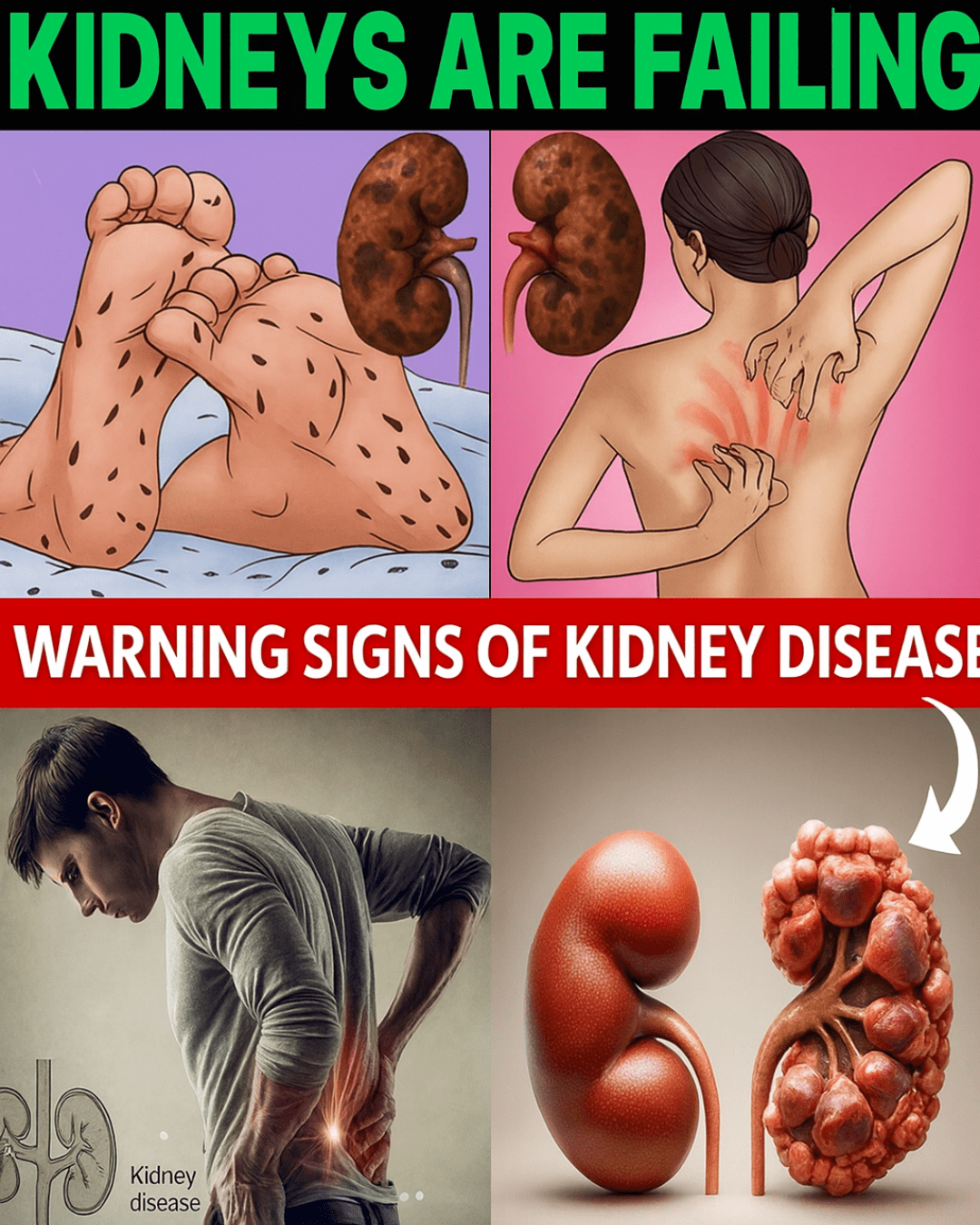
When to Seek Medical Advice
Don’t wait for symptoms to escalate. See a doctor if you notice:
⚠️ Persistent changes in urination (frequency, color, foaminess).
⚠️ Unexplained swelling or puffiness in hands, feet, or face.
⚠️ Ongoing fatigue, weakness, or shortness of breath.
⚠️ Chronic itching or skin changes.
⚠️ Blood pressure consistently above 130/80 mmHg.
Early tests, like blood creatinine or urine albumin, can detect issues before they become severe. If you have diabetes, hypertension, or a family history of kidney disease, annual screenings are essential to stay ahead of potential problems.
Common Questions Answered
❓ Can kidney disease be reversed?
Early-stage CKD can often be managed or slowed with lifestyle changes, but advanced damage is irreversible. Work with your doctor for a tailored plan.
❓ How do I know if my symptoms are serious?
Persistent symptoms like swelling, foamy urine, or fatigue warrant medical attention. Blood and urine tests provide a clear picture of kidney health.
❓ Are some people more at risk?
Yes, those with diabetes, hypertension, a family history, or over 60 face higher risks. Regular screenings are crucial for these groups.
❓ Can diet alone prevent kidney disease?
Diet is a powerful tool but not a complete shield. Combine it with hydration, exercise, and regular checkups for the best protection.
A Call to Protect Your Kidneys
Your kidneys are the silent guardians of your health, but their warning signs—foamy urine, swelling, fatigue—are easy to overlook. By recognizing these seven early symptoms, you’re empowering yourself to act before kidney disease takes hold. Pair this awareness with hydration, a kidney-friendly diet, and regular checkups, and you’re building a foundation for vibrant health.
Don’t wait for a crisis. Start monitoring your symptoms today, try the sample meal plan, and schedule a checkup if you’re at risk. Share this guide with someone who might need it—because everyone deserves to thrive with healthy kidneys. Here’s to a life full of energy, clarity, and possibility.
This guide is for informational purposes only and does not replace professional medical advice. Consult your healthcare provider for personalized guidance.

